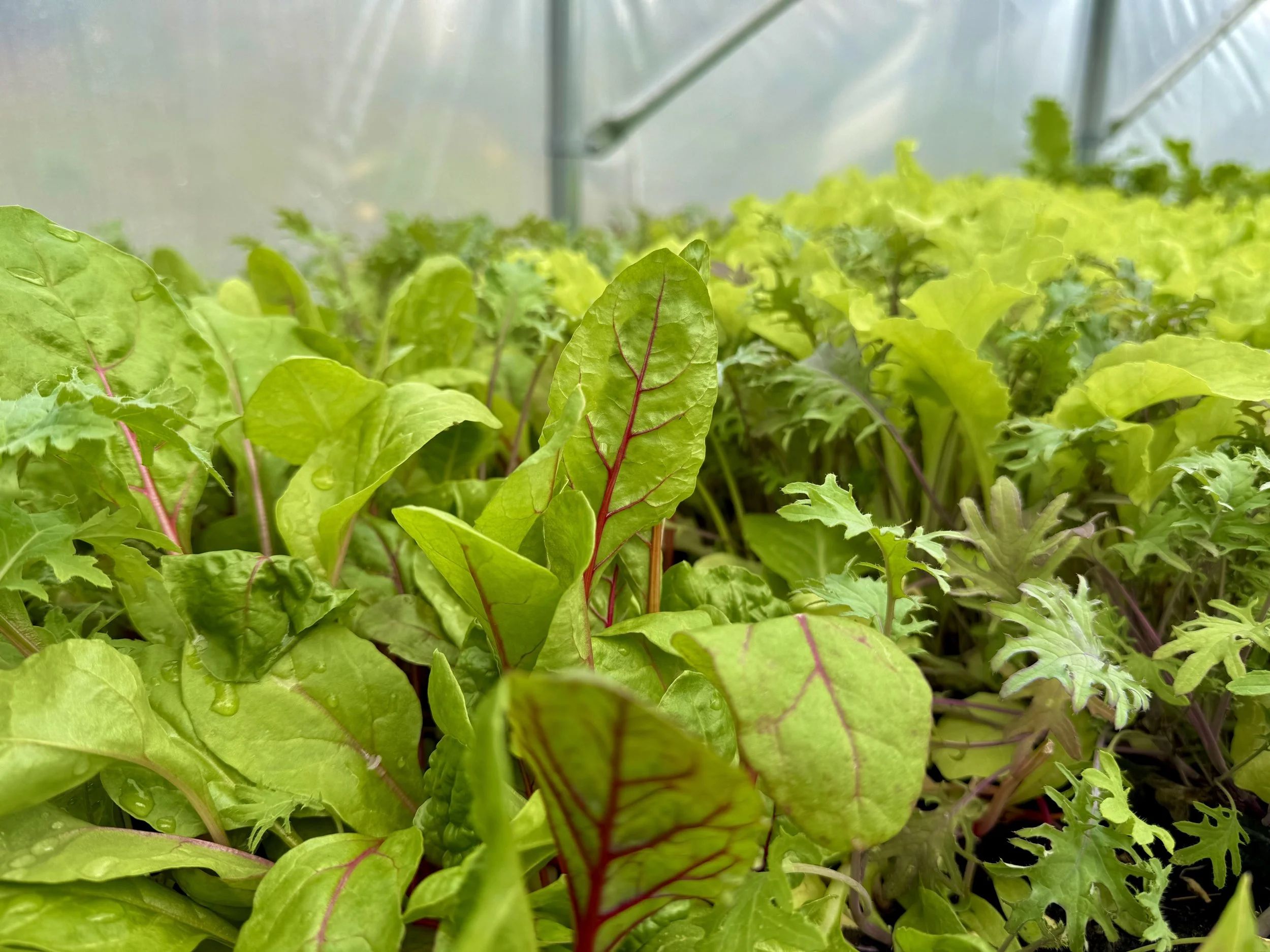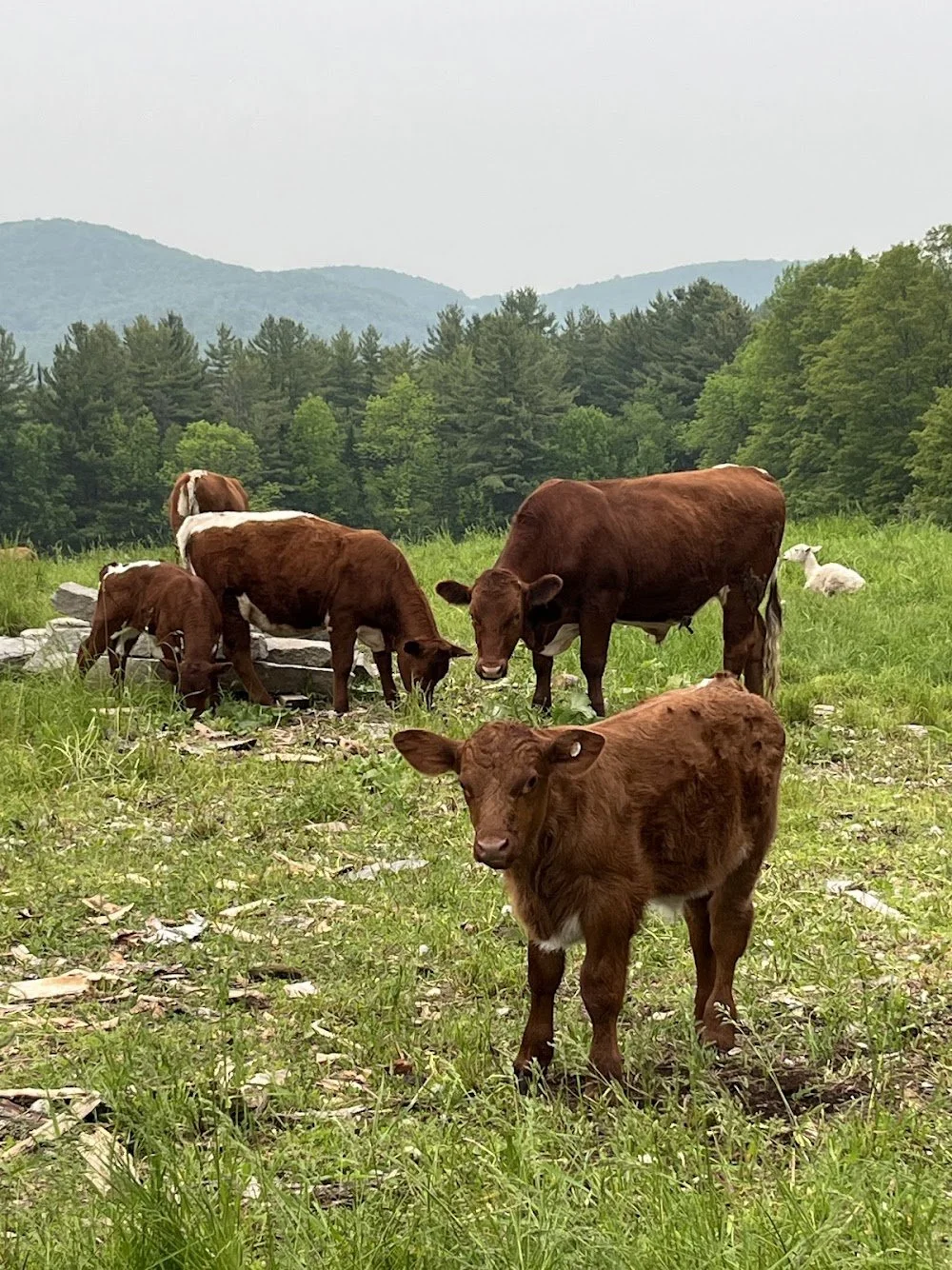
Our Application Process
Ready to start your Mountain School journey?
Applying to The Mountain School is an exciting step toward an immersive semester of academics, community, and outdoor learning in Vermont.
Follow the steps below to learn how to apply, craft a strong application, and prepare to join our vibrant learning community.
We can’t wait to hear from you!
Application Steps
1. Submit an Online Inquiry
Curious about life on at TMS? Start by filling out our Inquiry Form so we can connect and share more about the Mountain School experience.
When you’re ready to take the next step, you’ll get an email with login details for our Admissions Portal, where you can begin your application.
Excited to get started? Jump right in and begin your online application!
Our team is here to answer your questions about the program, application materials, or Essential Eligibility Criteria (EEC).

2. Apply Online
Applications received by February 15 receive priority consideration. Rolling admissions are available after this date, depending on space and financial aid availability.
Once you log into our Blackbaud Admissions Portal, you’ll see a checklist outlining each step. A complete application includes:
Student statements: Short responses and one longer essay (up to 500 words).
Two teacher recommendations: Both from high school classroom teachers (English, history, math, science, language, or arts). You’ll send requests through the portal.
Optional: One additional recommendation (coach, advisor, etc.) may be emailed to admissions@mountainschool.org.Transcript: Include all high school grades and current semester/trimester marks (10th or 11th grade).
Student Interview: Once your application is nearly complete, we would love to talk with you and get to know the person behind the application.
Need-based financial aid applicants: Submit a Parent Financial Statement and supporting documents in Clarity by the application deadline.
Note: The Mountain School does not inquire about the immigration status of applicants or family members. This policy also applies to all scholarship decisions.
3. Accept Your Spot!
Admission decisions are released on March 7, and families have two weeks from notification to confirm enrollment, submit a deposit, and complete the contract.
Our academic calendar typically runs as follows:
Fall Semester: Late August – Mid-December (includes Thanksgiving break)
Spring Semester: Early February – Early June (includes a 2.5-week spring break at the end of March)

Essay Prompts
Curious about our essay questions?
We want to hear your authentic voice — your passions, experiences, and how you hope to grow at The Mountain School.
Short Responses: Max 150 Words Each
Please list the courses you are taking this year and specify the level where appropriate.
Please list your extracurricular, volunteer, and work activities in their order of importance to you (i.e., musical instrument, sport, leadership role, volunteer opportunity, etc.). We have space for 4 activities, but you don't need to fill them all in - just list what is most important to you, and that you'd like us to know.
How do you choose to spend your summer breaks?
If you’ve had any jobs (currently or in the past), tell us about them here, including why the job/s is/were important to you and how long you worked there.
Is there anything you love to do (something that is fun/exciting just for you) that isn’t on any of the lists above? Tell us about it!
How did you first become interested in the Mountain School?
Tell us about your family: how have they influenced who you are?
Personal Essay: Pick One & Max 500 Words
Farm. Food. Forest. Future. Which aspect of the Mountain School's programming intrigues you most? What do you hope to bring to the conversation, and what do you hope to get out of it?
Tell us about a time you learned something new: what was exciting and/or challenging about it? What did you discover about yourself as a learner?
Living in community is at the core of what we do. What does community mean to you, and how have you fostered it in your world?


Sample Essay
Read below for an example of an outstanding TMS Application Essay, written by Oona Romano F’24.
The essay responds to the TMS prompt, “Living in community is at the core of what we do. What does community mean to you, and how have you fostered it in your world?”
Last summer I left my house in the middle of San Francisco with my brother and father, driving up to the Sierra Nevada foothills. We all carried our phones along with stress from the long work and school weeks. My brother and I had our headphones on, looking at our separate screens while my dad drove in silence. It was early in the morning, and we were headed to the annual Anti-Recidivism Coalition retreat. As the buildings and street lights turned into mountains and trees, we started to forget about our phones that soon we would not be using at all.
We’ve done this every year since I was six years old — spent a weekend with 75 formerly incarcerated people. The idea is simple: just be there, together, and support people as they rebuild and experience joys of their lives that have been postponed by the justice system. I’ve never fit in, really, at least not externally, and this trip it felt especially obvious: I'm a girl and white and small and young. Still, these annual trips have taught me more about community and vulnerability, and how the two are related, more than anything else in my life.
I was happy just to be out of the city. There, my community is built around achievement. Each student at my school wants to have the highest grades. Each kid on my soccer team wants to be the best. We don’t say we’re competing with each other, but we are. It makes me feel like if I am not ahead, I am behind. It can be extremely isolating, my peers in my community are all doing similar things, but we don’t really have a common cause. Strange as it might sound, when I join up with dozens of former gang members, many with tattoos up their necks, who stand feet taller than me and have arms the size of my legs, I relax a little. We’re not competing with each other. We’re just together, making each other laugh and hoping each other succeeds.
On the first night of the retreat, we ate dinner with a 32-year-old man I didn't know. He told us how he started serving time for murder when he was 15 and had just gotten out of prison. He had so much enthusiasm for all the experiences he now cherished now that he was out, ones I had unwittingly overlooked. Although he had never met us before, he was so genuinely invested and vulnerable with us. After it got really dark, he showed us different constellations as we all stared at the same sky that we immutably shared, despite our completely separate life experiences.
The next day we paddled down the American River. In our raft was Jerome, who was 62 who had just lived his first year out of prison for the first time since he was 17. We spent the day balancing each others’ weight in the raft, trusting each other not to screw up on the rapids, laughing, splashing, managing too much gear.
That night, all of us (who were almost all men), tired and sun-struck, sat around a campfire. The night was not about me — far from it. People talked and I just listened. It was magical and transformative. We’d had to trust each other in simple ways during the day and I think that trust allowed people to be open with a mutual destigmatized understanding. People talked about family members getting murdered. People talked about committing murder themselves. People talked about poverty and heartbreak and close relationships they had in their gangs. People talked about how overwhelming it is to re-enter society after being locked away, thrown out, and forgotten about.
I always hope to bring how much those people embraced me despite our differences and the healing feeling of those weekends home with me, but it’s hard to do. Like my friends at home, I want to do well in my classes and win my games. But I also know I’m best when I’m outside all that. Those ARC trips have taught me that community is not made by people doing the same thing and being “good” at it. Community is made by caring and wanting the best for each other.
Have Questions? We’re Here to Help
Our admissions team is available to support you throughout the process from first inquiry to your first day on campus.






